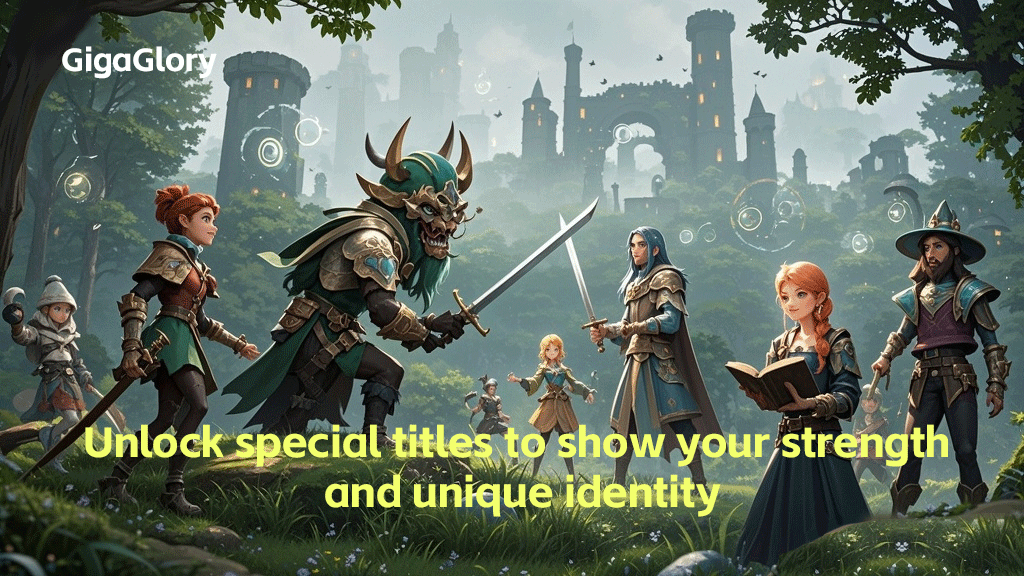Unlocking Learning Through Play: The Rise of Educational Browser Games
In the digital age, the way we learn has transformed dramatically. One of the most exciting trends emerging in education is the rise of educational browser games. These interactive platforms not only provide entertainment but also facilitate effective learning. This article explores how browser games are reshaping education, particularly focusing on their functionalities and benefits.
The Emergence of Educational Browser Games
Browser games have made their mark since the early 2000s, evolving from simple entertainment to sophisticated educational games. With the advancement of technology, developers have created platforms that seamlessly integrate learning objectives into gameplay. This provides an engaging environment for users, particularly students, making the learning process enjoyable.
Key Benefits of Educational Browser Games
- Enhancing Engagement: Traditional learning methods can sometimes feel monotonous. Browser games inject a dose of excitement into the educational experience, making students more eager to participate and learn.
- Promoting Critical Thinking: Many browser games require players to solve puzzles, make strategic decisions, and think critically, thereby fostering problem-solving skills.
- Accessibility: Being browser-based, these games are accessible to anyone with internet access. This accessibility breaks down geographic barriers, allowing learners from diverse backgrounds to engage with educational content.
- Variety of Learning Styles: Educational games can cater to different learning preferences, be it visual, auditory, or kinesthetic. This adaptability is vital for catering to a broader audience.
Best Story-Driven Educational Games
When it comes to storytelling, education can take on many forms. Some of the best story-driven games that also incorporate learning are:
| Game Title | Learning Focus | Age Group |
|---|---|---|
| The Oregon Trail | History and Decision Making | 8+ |
| Math Blaster | Mathematics Skills | 7-12 |
| World Geography Games | Geographical Awareness | 10+ |
A Look at Card Games in Education
While browser games offer a wide range of learning opportunities, card games like card games potato bring an extra layer of fun and strategy. These games can teach various concepts including mathematics, strategy, and decision making. For instance, card games often require players to calculate odds, which can enhance mathematical thinking and analytical skills. Here are some benefits of using card games in education:
- Encourages social interaction among peers
- Improves cognitive skills through strategic thinking
- Can be easily tailored to different educational concepts
Integrating Educational Browser Games in Learning Environments
Teachers can effectively incorporate these games into their curriculums to enhance students' learning experiences. Steps educators can take include:
- Identify learning objectives that align with specific games.
- Allocate time during lessons for game-based activities.
- Encourage discussion about the content learned through gameplay.
- Utilize feedback from students to choose new games that sustain interest.
Conclusion
As we move forward, the role of educational browser games in learning is likely to expand even further. They represent an innovative approach to education, one that empowers learners and makes learning a delightful process. Game-based learning can provide opportunities that traditional methods cannot, offering solutions to some of the challenges faced in education today. Embracing these tools in the classroom could unlock untold potential in students across Saudi Arabia and beyond.


